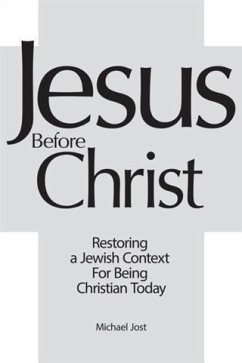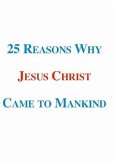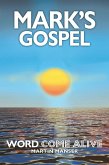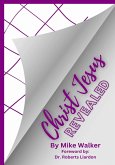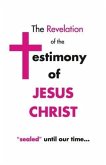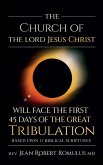No text has been so misused and abused as the Bible, so the first six chapters of this book are concerned with the religion about Jesus-a deconstruction of some classical myths about the development of the Bible, the origins of Christianity, the earliest congregations and the evolution of Christian doctrines. Chapters 7 and 8 invite the reader into a different way of thinking about the person who was Jesus and his teachings. It is an introduction to the practice of the religion of Jesus and why its recovery is so important for the spiritual needs of Christians today.
The last chapter offers the author's personal reflections about what an American Christian stance for the twenty-first century might look like if Christianity were a movement from a religion about Jesus towards a religion of Jesus. It is meant to encourage you, the reader, to embark on your own journey of rediscovering what it means to be a follower of The Way for today.
This book will be very useful for those Christians who want a better understanding of their own Christian background, but it is aimed at the skeptical believer, the church dropout, and those who reject the religion but seek to understand the meaning of the Jesus Way. It is both a personal memoir and a provocative study, and we believe it will also appeal to those of other faiths or of no faith who may have an interest in the themes explored in these chapters.
When the author, Michael Jost, died in 2010 his manuscript was not yet in a publishable form. The Foundation for Contemporary Theology in Houston, Texas, undertook this task because we believe it is a fine expression of what the Foundation has been doing for the past 25 years-presenting "the most compelling theological issues of our time," as our founder Wes Seeliger put it, and promoting a dialogue on these issues with "the largest possible audience."
Dieser Download kann aus rechtlichen Gründen nur mit Rechnungsadresse in A, B, BG, CY, CZ, D, DK, EW, E, FIN, F, GR, HR, H, IRL, I, LT, L, LR, M, NL, PL, P, R, S, SLO, SK ausgeliefert werden.

